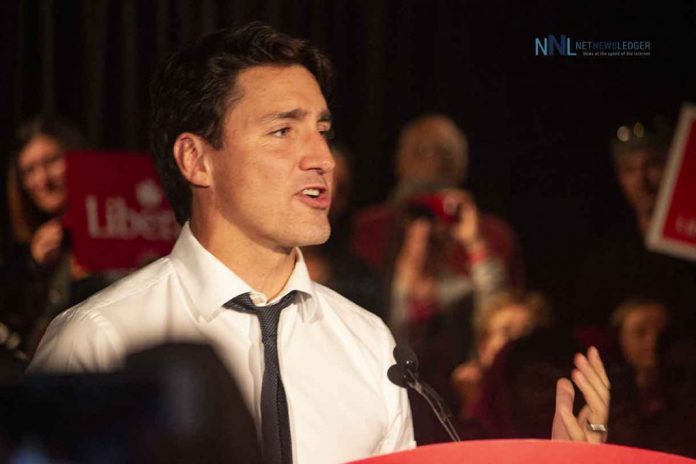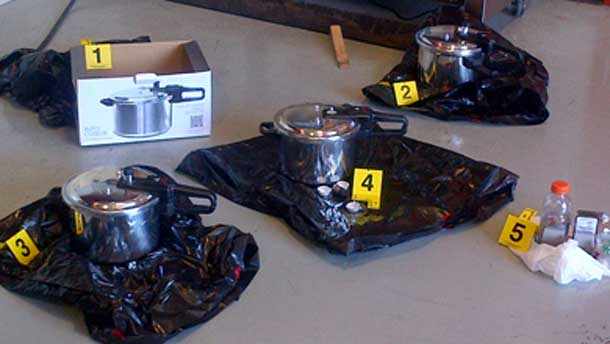OTTAWA – POLITICS – Prime Minister Justin Trudeau expressed doubts regarding the accuracy of intelligence reports from Canada’s spy agency, the Canadian Security Intelligence Service (CSIS). These reports had highlighted concerns over China’s alleged covert operations aimed at influencing the 2019 and 2021 Canadian elections.
Skepticism Over Intelligence Reliability
During his testimony, Trudeau was the last to speak in the initial phase of the inquiry, which was established in September following intense demands from opposition parties and a series of investigative reports.
These reports brought to light a purportedly elaborate scheme by Beijing to sway electoral outcomes in Canada.
However, Trudeau voiced skepticism about the information presented by CSIS, challenging the agency’s claims about the depth and impact of Chinese interference.
What also became obvious to viewers is that the Prime Minister doesn’t read the CSIS reports, preferring an oral briefing from staffers.
Reevaluating Foreign Meddling Evidence
The inquiry, a response to mounting allegations of foreign interference in Canada’s democratic processes, took a critical turn with Trudeau’s remarks. At the heart of the debate was a document prepared for a February 21, 2023, briefing to the Prime Minister’s Office, revealed during the inquiry.
According to this document, CSIS asserted that China had engaged in secretive and misleading tactics to interfere in the Canadian electoral process, a claim now under scrutiny by the Prime Minister himself.
At the heart of the ongoing public inquiry into allegations of foreign election interference, Prime Minister Justin Trudeau raised significant concerns over intelligence leaks and their portrayal in the media. Trudeau’s testimony revealed his frustration with what he described as “unsubstantiated and uncorroborated intelligence” leaks that began circulating in the fall of 2022, complicating the government’s response efforts.
Navigating Intelligence and Media Dynamics
Trudeau pointed out the difficulties his government faced in countering misinformation in the media, stemming from these leaks. Despite some of the leaked information being “flat-out wrong,” the Prime Minister stated that efforts to correct the record were hampered by the need to protect national security. “There were clear falsehoods and inaccuracies in the media reporting,” Trudeau remarked, highlighting the tightrope walk between transparency and security.
The Toll on Democratic Confidence
The Prime Minister voiced concerns over the detrimental effects these leaks have had on public trust in Canada’s democratic processes. According to Trudeau, the dissemination of unverified intelligence through media channels not only misleads the public but also unjustly paints the government as negligent. He underscored the paradox of the situation, noting that despite having established “robust mechanisms to detect and combat foreign interference,” the government still found itself battling against a narrative of inaction and negligence.
A Call for Caution and Context
In his witness statement, Trudeau stressed the dangers inherent in jumping to conclusions based on incomplete intelligence or without proper analysis of its reliability. He lamented the damage done to the confidence of Canadians in their democracy, calling the situation “particularly frustrating.” His comments shed light on the complex challenges faced by governments in managing sensitive intelligence, ensuring national security, and maintaining the integrity of the democratic process amidst the modern dynamics of media reporting and information leaks.
Implications for Canadian Democracy
Trudeau’s position raises important questions about the credibility of intelligence operations and the challenges in safeguarding Canada’s elections from foreign influence. As the inquiry moves forward, the spotlight remains on the integrity of Canada’s electoral system and the measures necessary to protect it from external threats.






